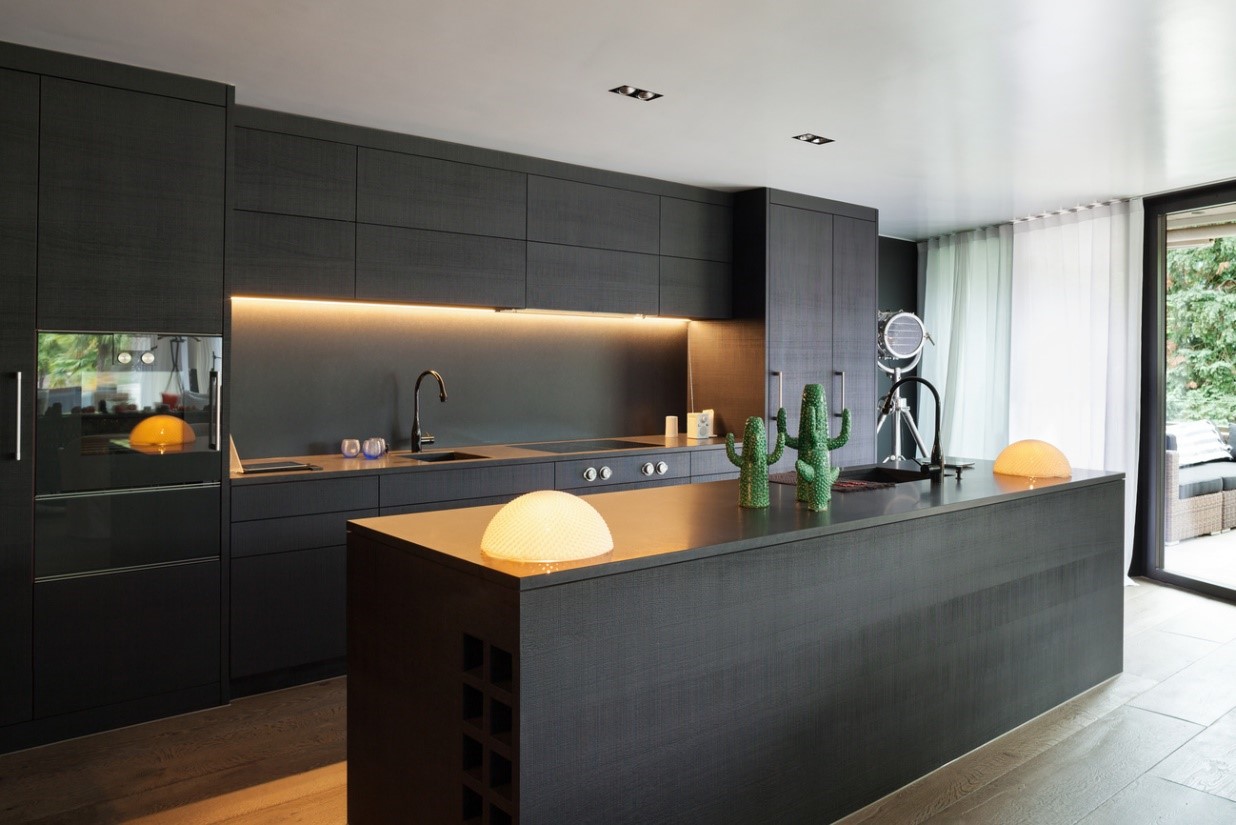
Installing new kitchen countertops is one of the costlier expenses of a remodel or renovation. With so many material options available at varying price points, it’s important to set a realistic budget from the start.
Counter Materials
By far the biggest factor affecting countertop costs is the material chosen. Here are some typical price ranges to consider per square foot:
- Laminate: $8 – $20
- Solid Surface: $35 – $85
- Butcher Block: $35 – $200
- Granite: $40 – $200
- Quartz: $50 – $120
- Soapstone: $70 – $120
- Marble Countertops: $75 – $250
According to the experts over at Bedrock Quartz, prices can vary greatly even within the same material based on rarity, stone slab quality, thickness, finishes, and other factors like location. For precision, get quotes from suppliers for your specific material and preferences.
Counter Dimensions
Besides material prices, the total square footage of your kitchen counters affects costs. More square feet equals more materials and labor needed. To calculate square footage, multiply the length and width measurements for each individual countertop area, then add those square footages together.
Custom Countertop Add-Ons
Certain custom elements like decorative edges, built-in features, inlays, undermount sink, and waterfall extensions can significantly raise costs. For instance, a waterfall edge may add anywhere from $200-$1,000 to your countertop budget.
Old Countertop Removal
Your countertop installation costs should factor in fees for removing and disposing of existing countertop surfaces, which can range from $50-$200. Having the old counters removed is usually required prior to new installations.
Cabinets & Support
When installing heavier solid surface countertop material, you may need to reinforce or upgrade existing cabinets and countertop supports. New cabinets can cost thousands, while retrofitting supports might come in at a couple hundred dollars.
Template & Fabrication Fees
In addition to material square footage costs, most stone and solid surface countertops require fees for professional measurements and cutting/fabricating the slabs to specification. Template fees average $100-$200, while fabrication can run $5-$25+ per square foot.
Factor In Labor Rates
While materials make up a large portion of countertop costs, labor rates are also a significant factor to account for in your budget. Depending on your geographic location, labor rates for fabricators, installers, and contractors can vary widely. In higher cost-of-living areas, you may pay $60-$100+ per hour for skilled labor. In more affordable regions, rates tend to be $30-$50 per hour on average. Get a quote from multiple pros in your area, as rates can fluctuate even within the same city. Extensive customizations will require more labor hours too, raising costs accordingly.
Delivery & Installation
You’ll need to pay labor costs for having your new countertops delivered and precisely installed, which can equal 10-20{0257c39656b61e62ea0962e16cc9a64a495bf2751c14f1a0d78cabaee622099b} of your total materials cost.
Backsplashes & Trim
Installing matching backsplash tiles or decorative trim adds to overall countertop costs. These should match in material to create a cohesive look. Set aside several hundred additional dollars for backsplashes if desired.
Sinks & Hardware
Most new countertops also require purchasing new sink basins and sink hardware (faucets, accessories, etc.) to match and complement the counter surfaces.
Miscellaneous Costs
Other potential costs include fees for permits, repairs to walls or floors during installation, specialty tooling required for certain materials, and anything needed to up-size electrical circuits if adding features like hot water dispensers.
Conclusion
Overall, basic laminate countertop installations start around $1,000 on the low end. More intricate stone and solid surface counters can easily range from $5,000-$10,000 or more, especially for larger kitchens. Establishing a realistic budget upfront and getting detailed quotes will help avoid unexpected surprises when it’s time to pay the final bills.